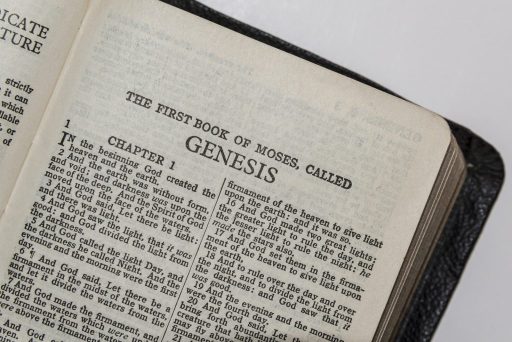
To take the Bible literally, one needs to look at who wrote the passage, to whom they wrote it, why they wrote it, and how the people it was written to would have understood it. One especially interesting and complex area is the meaning of numbers in the Bible.
Throughout the Bible, numbers are used in different ways. In the Old Testament, numbers become confusing when we look at the patriarchs’ ages, the number of people involved in an event, and the timing of events. In the New Testament and much of the Old, prophecy is rooted in symbolic numbers. Many bizarre interpretations of the book of Revelation result from a mistaken understanding of the meaning of numbers in the Bible.
The Mesopotamians were the first people to develop writing, astronomy, algebra, geometry, logarithms, a calendar, and accounting. Archaeological evidence shows that Mesopotamians used numbers for architecture as early as 5500 B.C. In these ancient cultures, people used real numbers for everyday business, but they had sacred numbers with a different base for religious purposes. For example, Sargon II wrote, “I built the circumference of the city wall 16,283 cubits, the number of my name.”
We see the symbolic use of numbers in many ancient documents. In Egypt, for example, the number “110” was used to commemorate a life considered to be “perfect,” meaning lived selflessly and benefitting others. Moses, Joseph, and Joshua are said to have died at age 110, which could be an Egyptian tribute to their character, not their longevity.
The writers of the Hebrew Bible gave special meanings to numbers. The number 3 symbolized completeness, while 7 and 70 exemplified fullness and completion. The number 12 and multiples of it, such as 144, had special meaning. The number 40 usually represented a generation.
There is still debate about the ages of the patriarchs. Was Methuselah’s days of 969 a real number or symbolic? If you say it was a real number, then you have all kinds of contradictions between the ages of the patriarchs and the time of Noah’s flood. Few would suggest that Methuselah died in the flood and that Abraham and Noah lived concurrently for 58 years. However, assuming real numbers produces those conflicts.
How the ancients used numbers and what the authors of the Bible intended for people of their day to understand about the significance of the numbers is a matter of debate. The ancients understood what their culture meant by the given times and ages, but for us to understand requires careful study. God could have performed a miracle and let Methuselah live 969 Gregorian calendar years. However, forcing modern time measurement on ancient writings is not taking the Bible literally. Tomorrow, we will look at Bible ages and times.
— John N. Clayton © 2022
Reference: A Worldview Approach to Science and Scripture by Carol Hill, Chapter 4. Kregel Academic Publisher.





